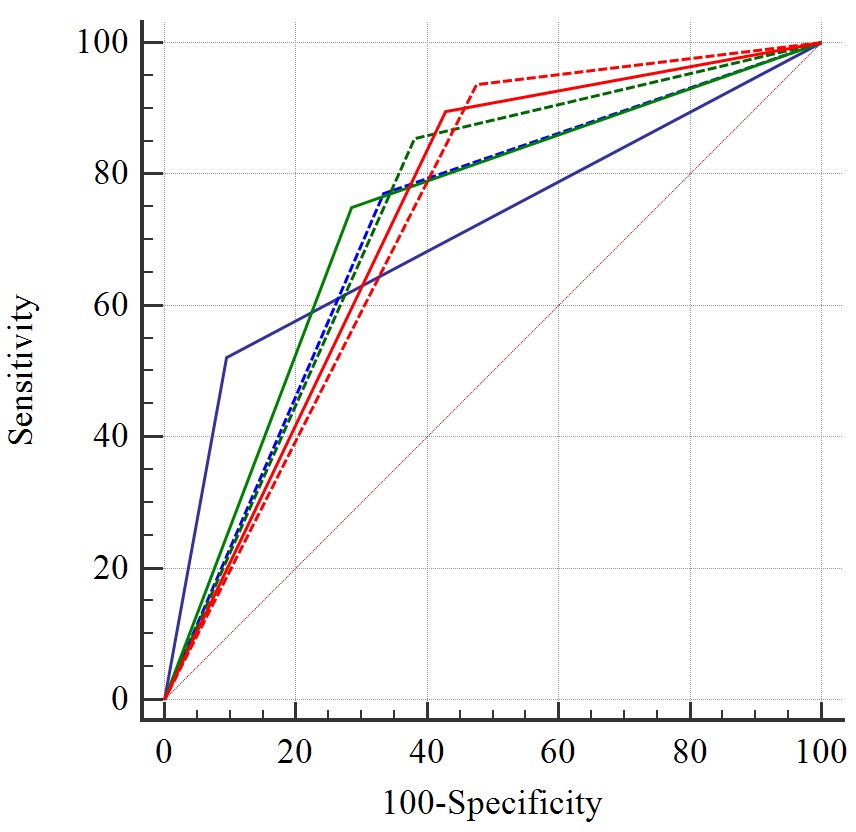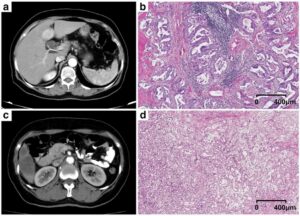Convolutional neural networks (CNNs) are often used in the area of image recognition. We constructed the three dimensional (3D)-CNN model to predict pulmonary invasive adenocarcinoma (IVA) in this study. When supported by the 3D-CNN model, a less-experienced radiologist showed improved diagnostic accuracy for diagnosing IVA without deteriorating any diagnostic performances, resulting in the increase in the sensitivity of IVA diagnosis at the expense of specificity. Our 3D-CNN model might be appropriate for lung cancer screening and/or annual chest CT for disease surveillance.
The time is near when artificial intelligence (AI) will be used as a matter of course in the medical field. We believe that even in the field of diagnostic imaging, it may be only a matter of time before AI surpasses the diagnostic performance of radiologists. However, I do not think that AI will completely replace our role, regardless of the further evolution of their technologies. It is important for us in the future to learn about and be able to properly utilize AI. Moreover, we think that elucidation of a black box in the diagnostic process of AI, so-called white-boxing, is one of the issues we should tackle in the future to fully understand the results of AI and accept them without resistance. We hope that AI will be increasingly researched and applied to clinical setting so that we can provide patients with better medical care, both efficiently and accurately.
Key points
- The 3D-CNN model is a non-invasive method for predicting pulmonary invasive adenocarcinoma in CT images with high sensitivity.
- Diagnostic accuracy by a less-experienced radiologist was better with the 3D-CNN model than without the model.
Authors: Masahiro Yanagawa, Hirohiko Niioka, Masahiko Kusumoto, Kazuo Awai, Mitsuko Tsubamoto, Yukihisa Satoh, Tomo Miyata, Yuriko Yoshida, Noriko Kikuchi, Akinori Hata, Shohei Yamasaki, Shoji Kido, Hajime Nagahara, Jun Miyake & Noriyuki Tomiyama













